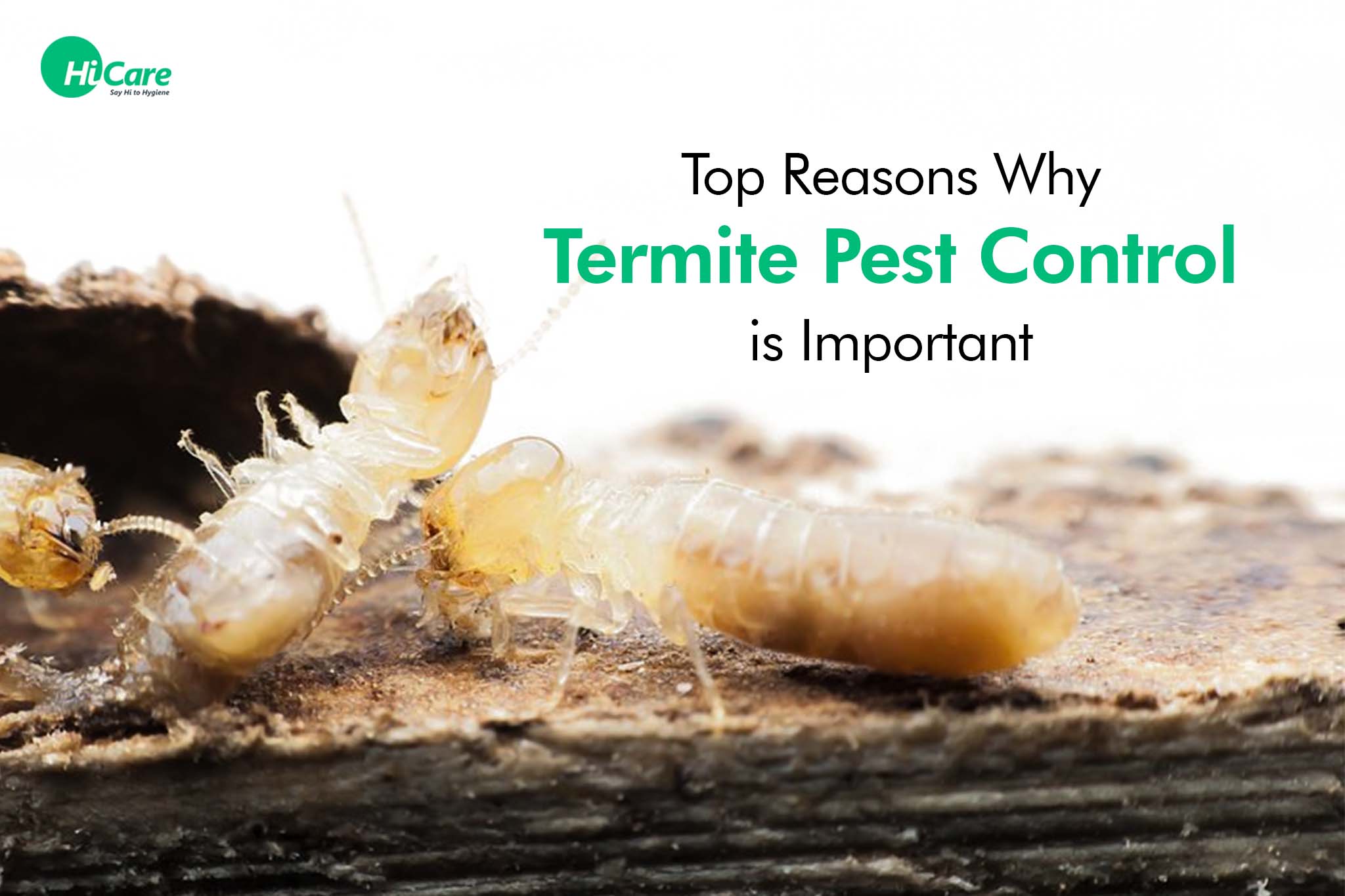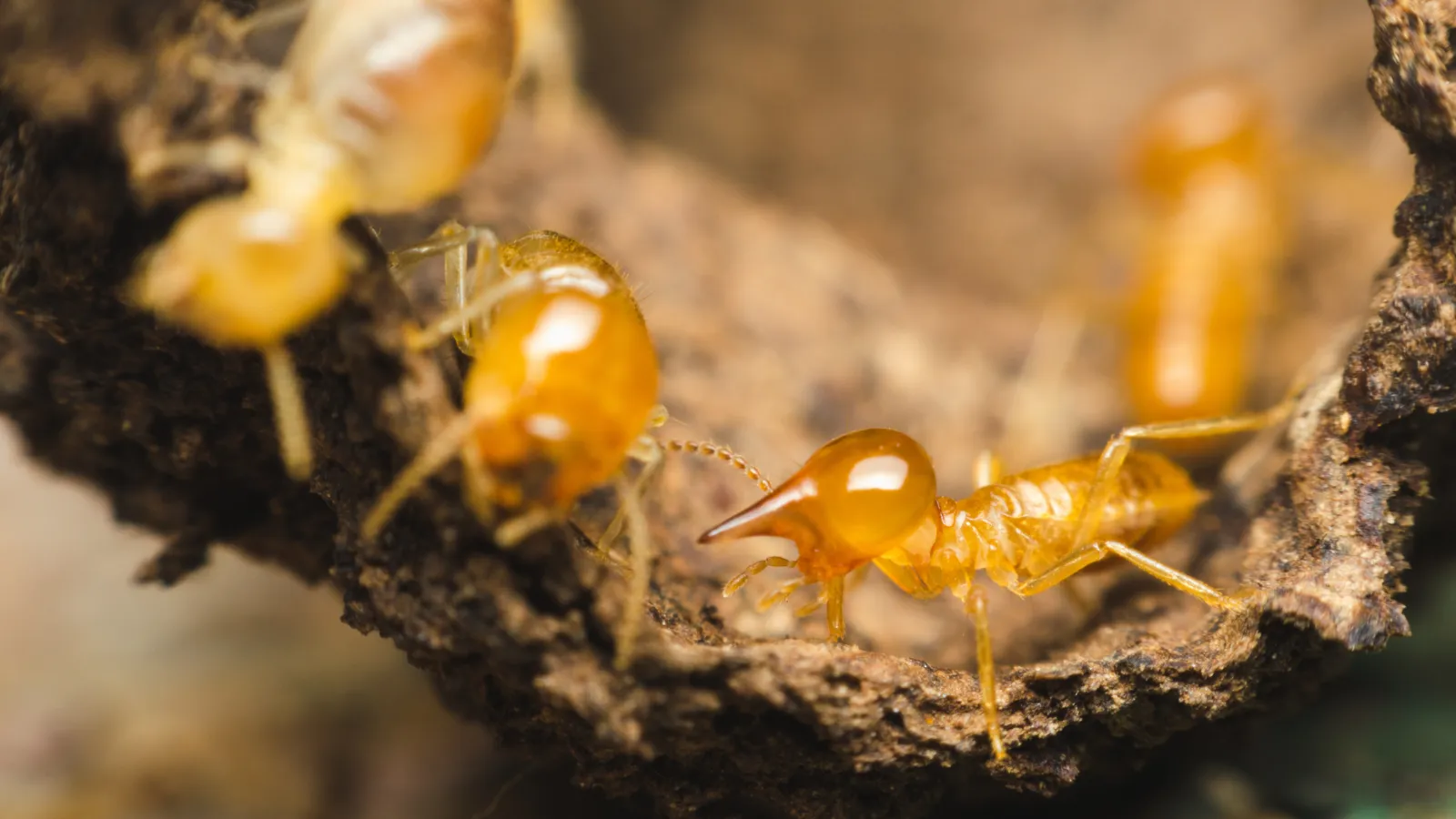Expert Ant Control Services: Customized Treatments for Lasting Results
Expert Ant Control Services: Customized Treatments for Lasting Results
Blog Article
Ecological Influence of Pest Control: Harmonizing Effectiveness With Sustainability
The ecological impact of bug control is an important issue that calls for a delicate balance in between achieving efficiency in making certain and taking care of insects sustainability of our ecosystems. As we aim to shield our plants, homes, and health from the risks positioned by bugs, the techniques we use can unintentionally harm the setting. From making use of dangerous chemicals that permeate into our soil and water to the unexpected repercussions on non-target types, the consequences of conventional insect control methods are far-ranging. There are emerging techniques that supply hope for a much more lasting strategy to pest management. These remedies not only purpose to address the instant parasite troubles however also take into consideration the long-term health of our planet.
Dangerous Chemicals in Insect Control
The use of unsafe chemicals in insect control positions substantial environmental and health and wellness dangers that warrant cautious consideration and reduction methods. Chemicals, herbicides, and pesticides are commonly made use of to eradicate insects, but their prevalent application can lead to unintentional repercussions. These chemicals can pollute dirt, water resources, and the air, impacting not just the targeted pests but likewise advantageous bugs, wildlife, and humans.

To address these threats, integrated insect monitoring (IPM) methods are being promoted as an extra sustainable choice. IPM includes a mix of techniques such as biological control, habitat control, and the targeted usage of chemicals as a last hotel (ant control davidson nc). By adopting an alternative approach to pest control, we can lessen the environmental and health and wellness influences related to dangerous chemicals while successfully managing pest populaces
Effect On Non-Target Types
Considering the unexpected repercussions of pest control techniques, the effect on non-target types is a critical facet that calls for comprehensive evaluation. While parasite control measures aim to target particular insects, various other organisms in the community may be unintentionally influenced. Non-target varieties, consisting of useful insects, birds, mammals, and even plants, can suffer direct or indirect harm from pesticide applications or organic control approaches.
Pesticides can have sub-lethal or dangerous effects on non-target species. Insecticides designed to deal with a particular insect pest might hurt pollinators like bees or all-natural killers such as ladybugs. In addition, chemical residues can collect in the atmosphere, influencing non-target organisms in time. In a similar way, biological control agents, if not species-specific, can posture threats to unexpected targets, interfering with the eco-friendly balance.
To mitigate the influence on non-target varieties, integrated insect monitoring (IPM) techniques that emphasize an all natural strategy to pest control are suggested. These approaches focus on using eco-friendly practices, minimizing harm to beneficial microorganisms while properly handling pest populations. Performing extensive threat evaluations and monitoring the outcomes of parasite control initiatives are vital actions in safeguarding non-target types and advertising total ecosystem wellness.
Soil and Water Contamination
Unintended environmental repercussions of insect control techniques expand past impacting non-target types, with substantial ramifications for soil and water contamination - ant control services. Pesticides, herbicides, and chemical fertilizers utilized in parasite control can leach right into the soil and pollute groundwater, presenting a danger to both water and terrestrial environments.
Water contamination is another important concern linked with parasite control practices. Overflow from agricultural fields treated with chemicals can carry these chemicals into nearby water bodies, affecting water organisms and water top quality. Impurities in water resources can have significant effects, affecting not just water life however additionally human health and wellness via the intake of contaminated water or water organisms. To alleviate dirt and water contamination from parasite control activities, incorporated parasite administration methods that prioritize sustainability and minimize chemical inputs are crucial.
Air Pollution From Pesticide Use
Exposure to air-borne chemicals throughout farming applications postures a considerable issue for air contamination control procedures. When pesticides are sprayed onto crops, they can volatilize right into the air and kind unstable natural compounds (VOCs) and other airborne pollutants. These chemicals can add to the formation of ground-level ozone, a significant element of smog that can have damaging effects on human wellness, crop productivity, and overall air top quality. Furthermore, pesticide drift, where chemicals are lugged by the wind to unintended areas, can lead to the contamination of close-by environments and water bodies.

Techniques for Lasting Parasite Control
In the world of agricultural methods, carrying out lasting parasite control methods is vital for keeping ecological balance and protecting plant returns. Sustainable bug control stresses using environmentally pleasant approaches to handle bug populaces effectively while decreasing harm to non-target microorganisms and ecological communities. Integrated Bug Management (IPM) is a commonly taken on method that incorporates organic, social, physical, and chemical control approaches to accomplish lasting insect administration options.
One secret technique in sustainable parasite control is promoting biodiversity within agroecosystems. By boosting natural enemies of insects, such as killers and parasitoids, farmers can lower the demand for artificial chemicals. Crop turning and diversity are also effective strategies to disrupt pest life process and create much less favorable conditions for bugs to prosper. In addition, making use of pest-resistant plant selections and employing techniques like catch chopping can help decrease parasite pressure without depending greatly on chemical treatments. Eventually, by integrating these lasting insect control strategies, farmers can accomplish a balance in between pest management performance and environmental stewardship.
Verdict
Finally, the environmental effect of parasite control approaches have to be very carefully considered to stabilize effectiveness with sustainability. Dangerous chemicals made use of in bug control can bring about soil and water contamination, air contamination, and harm non-target species - ant control services. It is vital to execute lasting parasite control approaches to decrease these unfavorable results on the environment and promote a much healthier ecosystem for future generations
By taking on an alternative strategy to pest control, we can lessen the environmental and health impacts linked with damaging chemicals while efficiently managing pest populations.

To reduce the air contamination caused by chemical usage, it is vital to take on incorporated parasite administration methods that prioritize the usage of non-chemical parasite control methods, such as plant rotation, all-natural predators, and resistant plant ranges. Lasting insect control emphasizes the usage of environmentally pleasant techniques to handle pest populaces efficiently while minimizing injury to non-target organisms and ecological communities. Integrated Bug Management (IPM) is a commonly taken on approach that incorporates biological, social, physical, and chemical control methods to achieve long-lasting parasite administration solutions.
Report this page